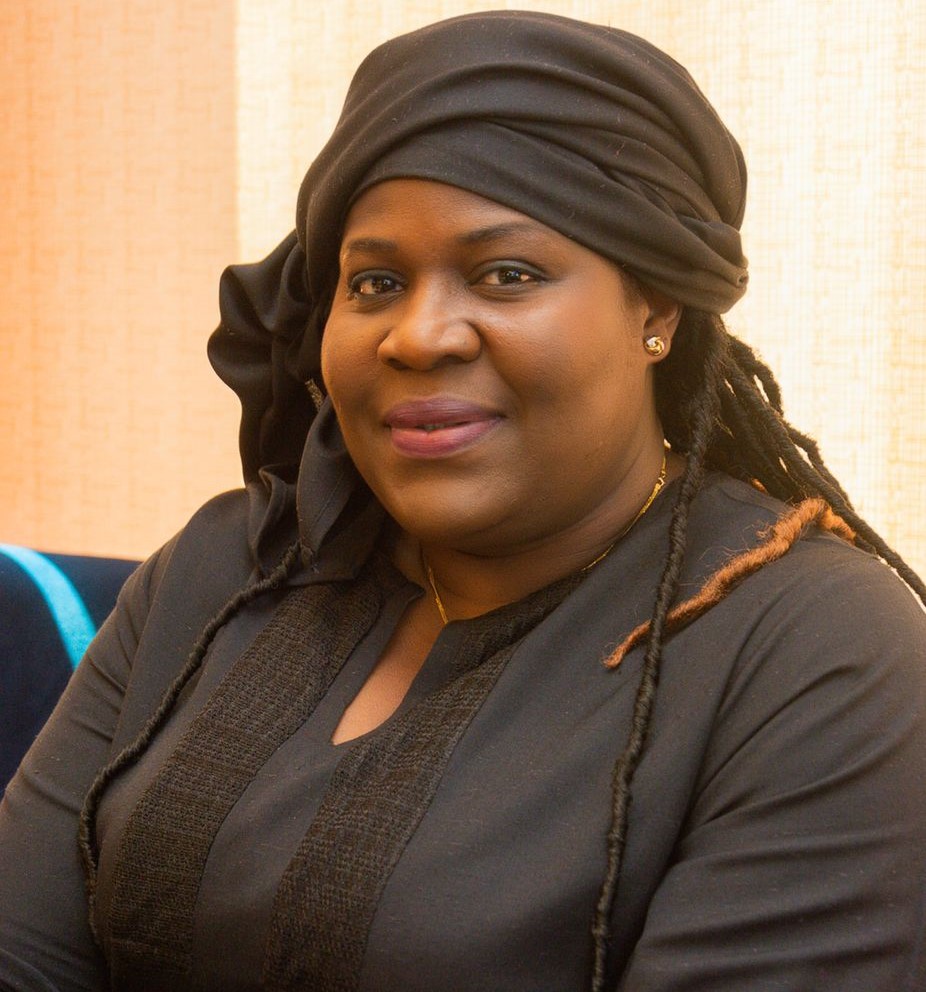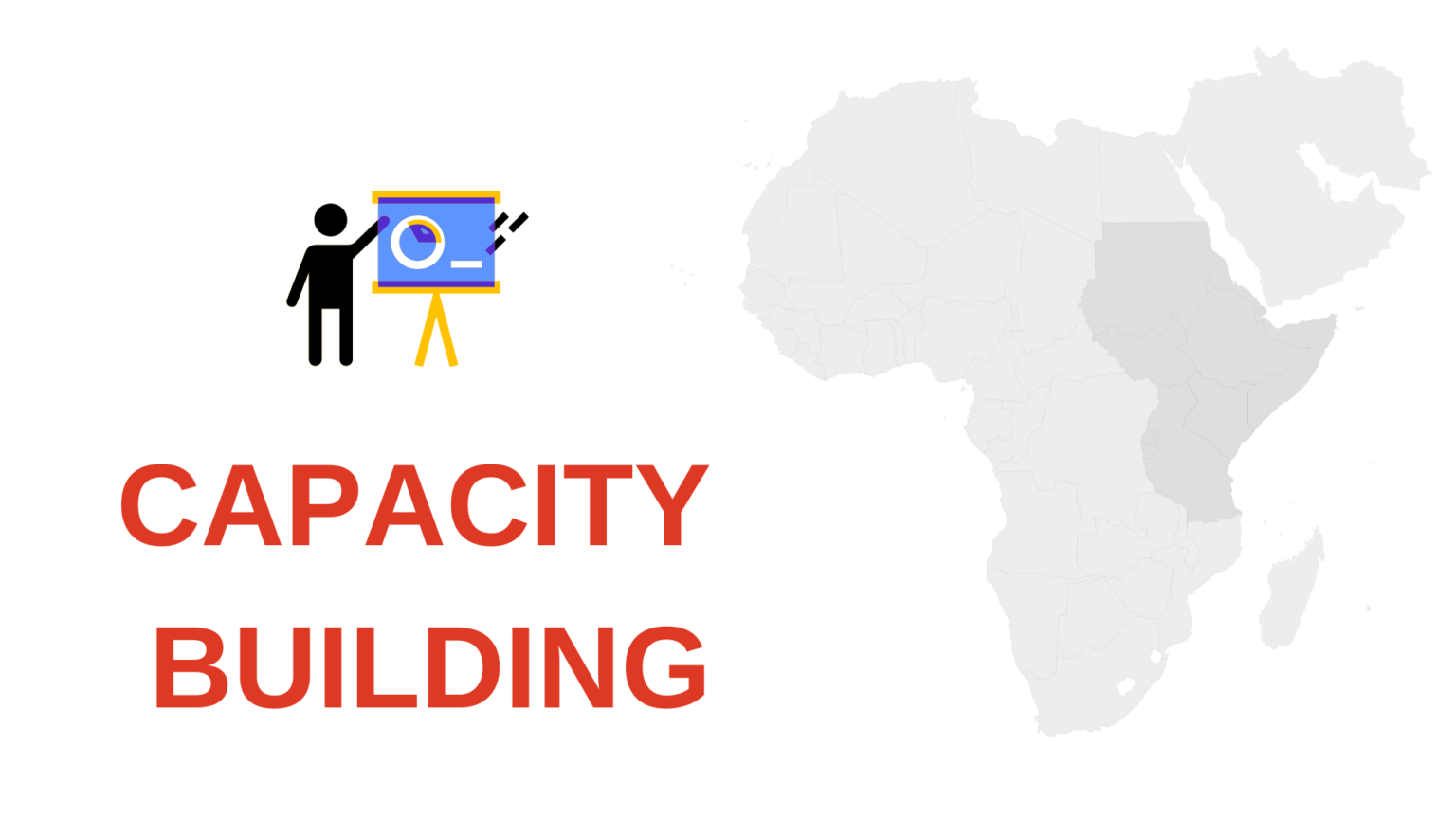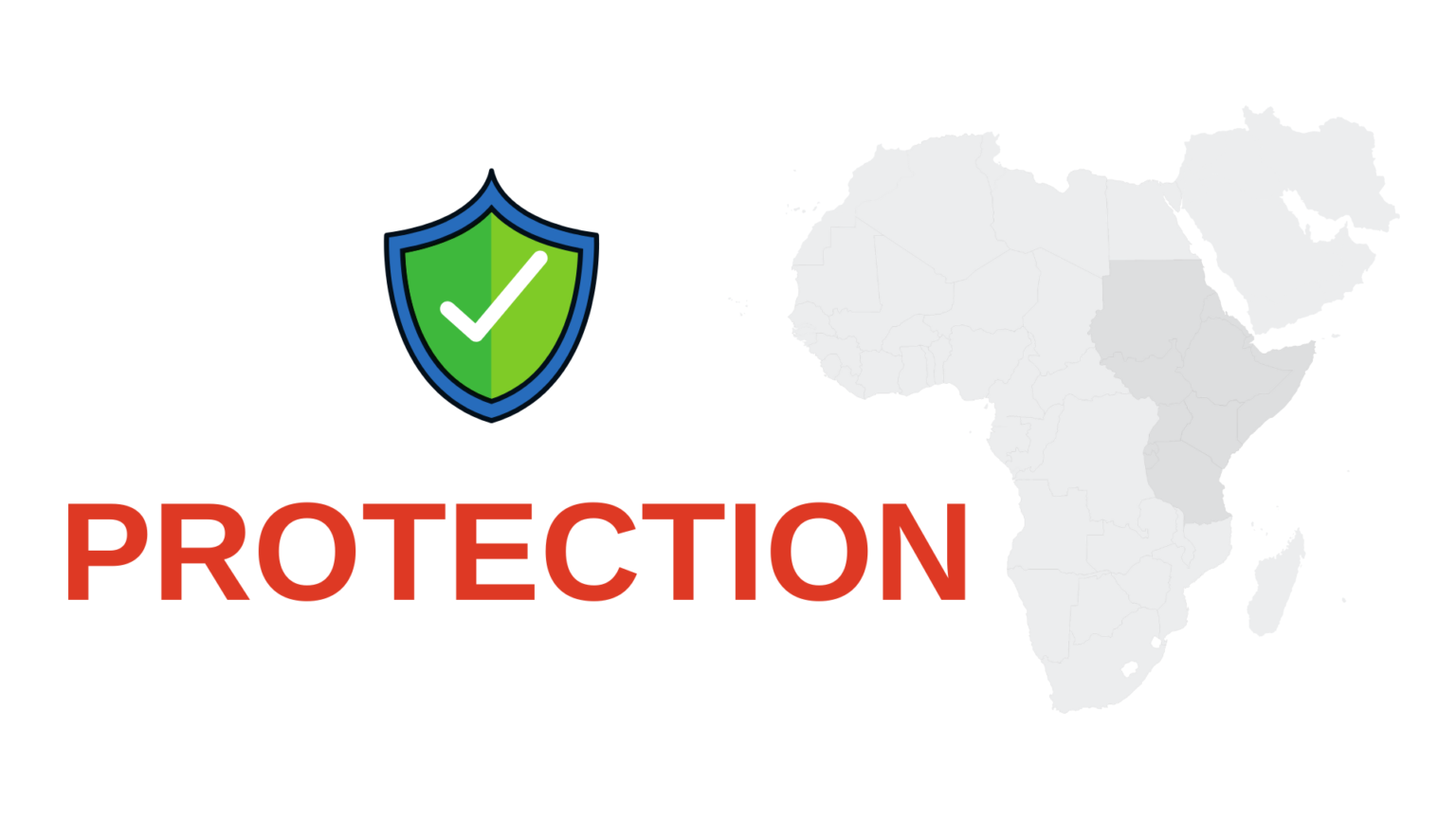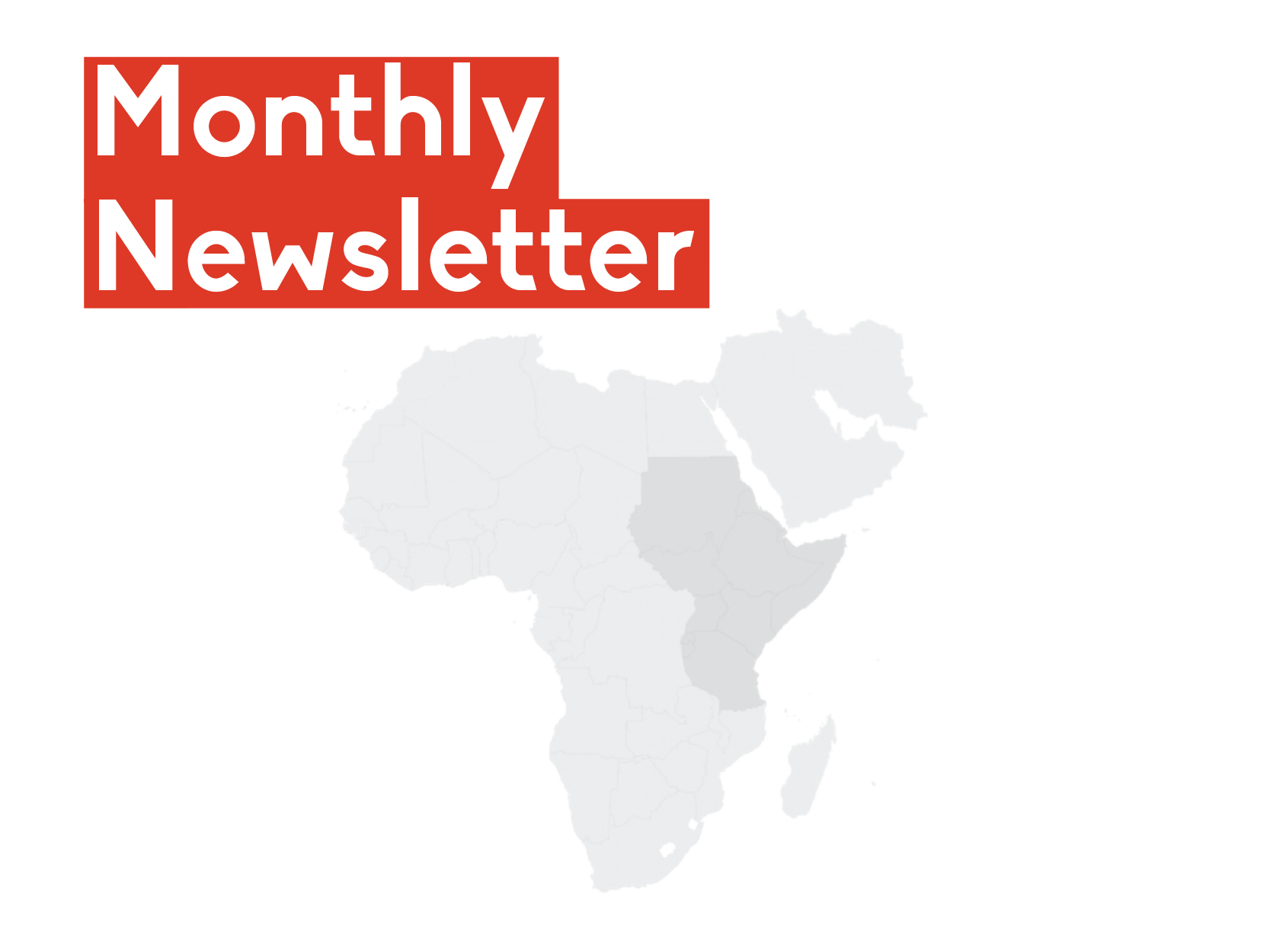Hello
Friends,
The
59th session of the Human Rights Council (HRC59)), held from
16 June to 8 July 2025, was shortened due to the UN’s liquidity crisis,
resulting in cancelled debates and undelivered OHCHR reports. Despite these
challenges, the session stood out for its focus on Eritrea. On 4 July 2025, the
Council adopted a resolution extending the mandate of the Special Rapporteur on
Eritrea. This followed weeks of advocacy, both in support of the mandate and
against the Eritrean government’s attempts to terminate it through draft
resolution L.1. The Council’s rejection of this ploy was significant, deterring
similar attempts to weaken human rights mechanisms. Ironically, Eritrea’s
attacks against the mandate
drew more media attention to the country’s human rights record.Despite these
challenges, the session stood out for its focus on Eritrea.
During
the session, we also raised concerns about shrinking civic space and escalating
attacks on human rights defenders, drawing attention to serious abuses in
Ethiopia and Tanzania. Tanzania’s denial of these allegations and defence of
its record illustrates the persistent difficulty of holding governments
accountable when credible human rights concerns are dismissed.
In
July 2025, DefendDefenders continued its efforts to support exiled human rights
defenders (HRDs) through a follow-up session to the recommendations made during
the 24 June 2025 consultative meeting with the Steering Committee of the Exiled
HRD Working Group. That meeting identified formal registration as a key
priority to enhance organisational legitimacy, support resource mobilisation,
and promote long-term sustainability.
In
collaboration with Chapter Four Uganda, we organised a legal guidance and
support session in Kampala to address the growing need among exiled HRDs for
structured legal knowledge on organisational registration and operational
compliance in Uganda. The session brought together 30 participants from
Burundi, Sudan, Somalia, and the DRC, equipping them with essential knowledge
to strengthen their organisational capacity.
As
we draw closer to our 20th anniversary celebrations of resilience, solidarity,
and advocacy, we are reflecting on our journey while also looking ahead with
purpose: what can human rights defenders across generations learn from one
another? To mark this milestone, DefendDefenders and AfricanDefenders are
proud to launch a mentorship
programme for young African HRDs. This initiative will empower and connect
emerging HRDs aged 18–30 through intergenerational mentorship, skills-building,
and movement solidarity. If you are eligible, we encourage you to apply and
join us in charting the course for the next generation of African HRDs.
I
invite you to turn the pages for details of our engagements this month.
Hassan
Shire
Executive Director, DefendDefenders
Chairperson, AfricanDefenders
Human Rights Defender of the Month: Fatou Jagne Senghor

Reflecting
on this DefendDefenders’ journey, she notes: “DefendDefenders has truly
become a go-to organisation for human rights defenders. You can’t talk about
human rights defenders on this continent without referring to DefendDefenders
as one of the leading organisations. It has been an inspiring journey, a
journey of resilience. The leadership has done great work.”
Born to a Gambian mother and a Senegalese father, Fatou grew up in a family where politics, principle, and perseverance were a way of life. Her grandfather was a respected trader known for his unshakable political stance, while her mother, a “liberated woman, very strong… courageous and hardworking”, married young at just 19. After her parents’ divorce, Fatou found herself shuffling between school in Senegal and holidays in The Gambia with her mother, who returned home in her early twenties, working as an office clerk and taking on side jobs, including catering, to support her daughters’ education.
Updates from DefendDefenders

From
30 June to 4 July 2025, DefendDefenders conducted a Physical and Digital
Security Management Training in Hoima for 10 HRDs, with the objective of
strengthening the capacity of sub-regional networks, national coalitions,
organisations, and individual HRDs in security management to enable them to
effectively carry out their work, as well as respond to and mitigate imminent
risks and threats.
From 14 – 16
July 2025, DefendDefenders organised a three-day physical and digital safety
training in Uganda for 22 exiled HRDs, equipping them with the knowledge and
tools to strengthen their security. Guided by facilitators, participants
collaboratively developed comprehensive safety and security guidelines to support
frontline activists, humanitarian workers, and HRDs operating in conflict zones
in Sudan.
From 17th to
19th July 2025, DefendDefenders held follow-up engagements with three human
rights organisations in Ouagadougou, Burkina Faso, following the
KoboToolbox/KoboCollect training in December 2024.
Between 21
and 22 July, DefendDefenders conducted a Ttaala Capacity Building Training for
the Defenders Coalition Kenya in Nairobi, bringing together 25 participants.
The training aimed to strengthen HRDs’ skills in online communication strategy,
data literacy, data collection tools, and executing online campaigns, while
also enhancing knowledge sharing to foster effective strategies for defending
human rights in the digital age.
From 21 to 23
July 2025, DefendDefenders conducted a three-day online training for human
rights defenders (HRDs) from Sudan’s Eastern region, specifically Port Sudan
and Kassala. The training aimed to strengthen HRDs’ physical and digital
safety, enabling them to carry out their work more securely and effectively
without endangering themselves or others.
From 21 – 25 July 2025,
DefendDefenders conducted a training of trainers on physical and digital safety
and security management for human rights defenders in Lira District, Northern
Uganda. 19 HRDs participated in the training. The participants enhanced their
skills, knowledge, and confidence in training methodologies and learning
styles, engaging in training simulations aimed at equipping them to pass on the
acquired knowledge to their peers and other defenders. Additionally, they
received a refresher on managing both physical and digital safety and security.
From
21 to 26 July 2025, DefendDefenders organised a six-day workshop on secure data
collection using KoboToolbox/KoboCollect for 11 Nigerien HRDs . The training,
which combined online sessions with a three-day in-person component, enabled
participants to develop action plans to digitise their organisations’
paper-based documentation tools, enhancing the security of human rights
monitoring, documentation, and reporting projects.
From
27 to 30 July 2025, at the invitation of the Strategic Issues and Research
Council, AfricanDefenders was honoured to participate in a discussion held in
Nairobi, Kenya. The meeting provided a space to reflect on the challenges faced
by rights defenders amid global turmoil, and to share practical initiatives and
best practices for building a sustainable and innovative movement.
From 27 – 31 July 2025,
DefendDefenders organised a five-day workshop on secure data collection using
KoboToolbox/KoboCollect for 10 Malian HRDs. The training combined online
sessions with three days of in-person instruction, during which participants
developed action plans to digitise their organisations’ paper-based
documentation tools, thereby enhancing the security of human rights monitoring,
documentation, and reporting projects.
From 28 July to 1 August 2025,
DefendDefenders conducted a Training of Trainers (ToT) on Physical and Digital
Security in Kampala, Uganda. The workshop convened twenty-two (22) HRDs from
districts including Amudat, Moroto, Abim, Busia, Kabale, Kagadi, Buliisa,
Biiso, Mbarara, Masaka, Kampala, and Kalungu. The training aimed to strengthen
participants’ facilitation and communication skills for delivering trainings on
physical and digital security. Through simulation sessions, participants
applied the knowledge and methodologies acquired in both physical and digital
safety and security management.

DefendDefenders
wrapped up its advocacy efforts at the 59th session of the Human Rights Council
(HRC59), held from 16 June to 8 July 2025. At the close of the session, the
Council adopted more than 20 resolutions,
including country-specific resolutions on Eritrea,
which reaffirmed international concern over ongoing violations, and on the
negative impact of corruption on the enjoyment of human rights, co-sponsored by
Ethiopia. The Council also adopted thematic resolutions on violence against
women and girls (VAWG), discrimination against women and girls (DAWG), the
renewal of the mandate on sexual orientation and gender identity (SOGI), the
elimination of female genital mutilation (FGM), the protection of civil society
space, the promotion of freedom of peaceful assembly and association, and the
safety of journalists, issues of particular relevance across Africa.
Ahead
of Rwanda’s 4th Universal Periodic Review (UPR), DefendDefenders submitted a
joint report (with
ODHR) addressing civic space issues in the country. The upcoming UPR of Rwanda
will be an opportunity to shed light on the country’s human rights
situation.

In
July 2025, DefendDefenders received a total of 58 requests for emergency
assistance from HRDs. Out of these, 31 requests were provided with the
appropriate interventions, benefiting 59 individuals indirectly through the
grants awarded.
15
requests were declined for various reasons, while 4 were referred to other
protection service providers for further assistance in line with their
mandates. Currently, 8 requests are undergoing the vetting process.
Country Updates:
COUNTRY
SITUATION
Eritrea
On 4 July 2025, the UN Human Rights Council adopted a resolution during its 59th session to renew the mandate of the Special Rapporteur on Eritrea, maintaining oversight of one of Africa’s most repressive states. The decision, passed by 23 votes to four with 20 abstentions, followed the rejection of an alternative resolution tabled by Eritrea seeking to terminate the mandate. Resolution L.7 highlights ongoing and severe human rights violations, including arbitrary arrests, incommunicado detention, enforced disappearances, extrajudicial killings, torture, sexual and gender-based violence, and the indefinite conscription policy into national service. It also raises concerns over the absence of national elections since 1993, patterns of transnational repression targeting government critics abroad, and Eritrea’s persistent refusal to cooperate with UN human rights mechanisms.
Ethiopia
On 5 July 2025, the Bahir Dar City High Court in Ethiopia’s Amhara region granted police an additional five days to detain and investigate Dr Daniel Fentahun, a prominent gynaecologisty and obstetrics resident at Bahir Dar University, over his alleged role in leading a protest involving detained healthcare workers that began in May. He faces charges of inciting, mobilising and organising a health workers’ strike that authorities claim led to loss of life. The extension follows a similar five-day remand granted on 27 June, with police citing unresolved matters requiring clarification. His arrest came shortly after Prime Minister Abiy Ahmed accused unnamed actors of hijacking the strike, asserting it had been overtaken by political opportunists and accusing some participants of politicising the medical profession.
Kenya
On
5 July 2025, the Kenyan government unlawfully deported Martin Mavenjina, a senior legal advisor on transitional
justice at the Kenya Human Rights Commission (KHRC), in a move widely seen as
politically motivated. Mavenjina had returned from an official visit to South
Africa the previous
night
yet was abruptly deported despite holding valid work documentation permitting
his stay and employment in Kenya. The KHRC condemned the action as part of a
broader crackdown on civil society and HRDs, noting that the State has
systematically targeted activists since 25 June. The government’s silence on
the matter reinforces concerns of a coordinated campaign to suppress dissenting
voices and restrict civic space. This deportation, lacking any legal
justification, represents a clear violation of the right to peaceful assembly
and association and signals increasing authoritarianism under the current
regime. The KHRC has pledged to pursue all legal and diplomatic measures to ensure
Mavenjina’s return and to hold the State accountable for its ongoing
repression.
On 19 July 2025, Kenyan activist Boniface Mwangi was arrested at his home, a day after he and Ugandan lawyer-journalist Agather Atuhaire filed a petition at the East African Court of Justice (EACJ) accusing the governments of Kenya, Uganda, and Tanzania, alongside the EAC Secretary General, of gross human rights violations. Initially, authorities claimed Mwangi was linked to terrorism-related activities, alleging his logistical and financial involvement in the 25 June protests. However, upon appearing before the Kahawa Magistrates Court, the Directorate of Criminal Investigations (DCI) dropped the terror-related charges. Instead, Mwangi was charged with possession of three tear gas canisters and one round of blank ammunition without lawful authority under the Firearms Act. His legal counsel refuted these allegations, describing them as fabricated attempts to justify his arrest. The case raises serious concerns about the misuse of legal instruments to intimidate activists engaged in lawful civic and regional accountability efforts. Mwangi was released on bail.
Somalia/ Somaliland
On 1 July 2025, police in Hargeisa arrested journalist Yasir Ahmed Abdillahi after he posted a Facebook video criticising President Abdirahman Abdillahi Irro’s visit to Doha, Qatar, to his audience of over 102,000 followers. In the video, Yasir described the visit as “low level” and claimed Qatar had received the president as a regional rather than national leader. The Attorney General charged him with being “anti-Somaliland”, raising concerns over the use of vague offences to silence dissent. However, on 4 July, the Maroodi Jeh court in Hargeisa ordered his release, citing a lack of evidence, highlighting the continued tensions between media freedom and political sensitivities in Somaliland.
Tanzania
Tanzania will hold its general election on 29
October 2025, with the Independent National Electoral Commission (INEC)
granting permits to 12 international observer missions. The approved list
includes 11 Western diplomatic missions based in Tanzania and the Civic Chamber
of the Russian Federation, but notably excludes regional organisations such as
the East African Community (EAC) and the Southern African Development Community
(SADC), despite Tanzania’s membership in both blocs. Observers from Denmark,
the Netherlands, Canada, Ireland, Germany, Norway, Belgium, Sweden, the United
Kingdom, the European Union delegation, and the United States will monitor the
process. The absence of regional observers has raised questions about
transparency and inclusivity, particularly as the electoral context is already
attracting heightened international scrutiny over perceived tensions with
democratic norms.
On
30 July, a Tanzanian court postponed for the fifth time the treason
trial of opposition leader Tundu Lissu, deepening concerns about rising
political repression ahead of the October general election. Arrested in April,
Lissu faces a capital offence that denies him bail, keeping him in custody
until the trial, now scheduled for 13 August, concludes. The case stems from
his “No Reforms, No Elections” campaign, which authorities allege involved
spreading false information online to incite public resistance to the polls.
The latest delay follows a pending High Court decision on whether prosecution
witnesses can testify behind partitions, a move raising serious fair trial
concerns. Tensions escalated further when police allegedly shoved Lissu as he
left the courtroom, reinforcing perceptions of an increasingly hostile climate
for political dissent.

